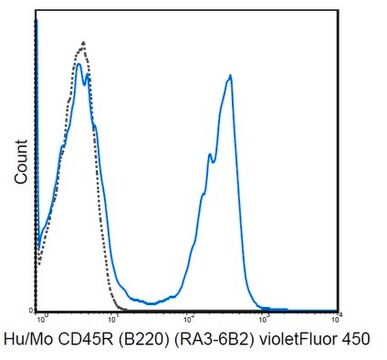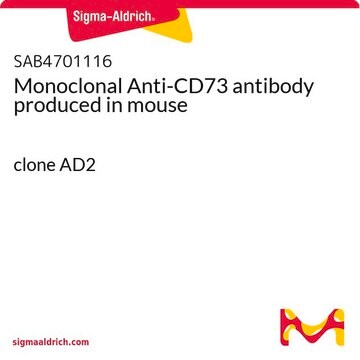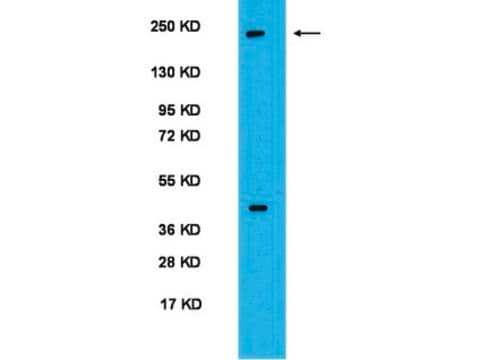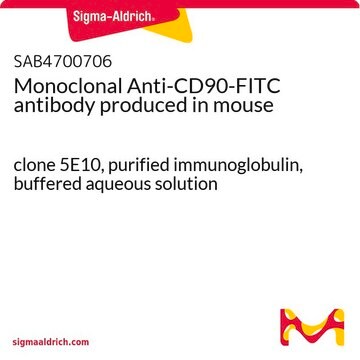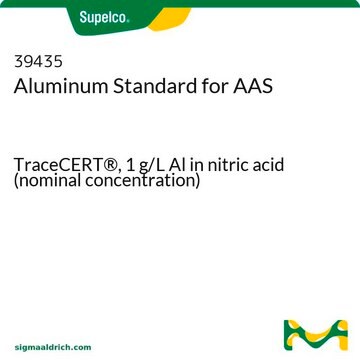MABT117
Anti-Endoglin (CD105) Antibody, clone 44G4
clone 44G4, from mouse
Synonym(s):
Endoglin, CD104
About This Item
Recommended Products
biological source
mouse
Quality Level
antibody form
purified immunoglobulin
antibody product type
primary antibodies
clone
44G4, monoclonal
species reactivity
human
technique(s)
flow cytometry: suitable
immunohistochemistry: suitable
immunoprecipitation (IP): suitable
isotype
IgG1κ
NCBI accession no.
UniProt accession no.
shipped in
wet ice
target post-translational modification
unmodified
Gene Information
human ... ENG(2022)
General description
Immunogen
Application
Immunoprecipitation Analysis: A representative lot was used by an independent laboratory to IP Endoglin from HOON, NALM-6, 3104, 3161, HL-60, U-937, EM-3 and KG-1a cells (Gougos, A., and Letarte, M. (1988). J Immunol. 141(6):1925-1933).
Cell Structure
Adhesion (CAMs)
Quality
Flow Cytometry Analysis: A 1:200 dilution of this antibody detected Endoglin in HUVEC cells.
Target description
Physical form
Storage and Stability
Analysis Note
HUVEC cells
Disclaimer
Not finding the right product?
Try our Product Selector Tool.
Storage Class Code
12 - Non Combustible Liquids
WGK
WGK 1
Flash Point(F)
Not applicable
Flash Point(C)
Not applicable
Certificates of Analysis (COA)
Search for Certificates of Analysis (COA) by entering the products Lot/Batch Number. Lot and Batch Numbers can be found on a product’s label following the words ‘Lot’ or ‘Batch’.
Already Own This Product?
Find documentation for the products that you have recently purchased in the Document Library.
Our team of scientists has experience in all areas of research including Life Science, Material Science, Chemical Synthesis, Chromatography, Analytical and many others.
Contact Technical Service

